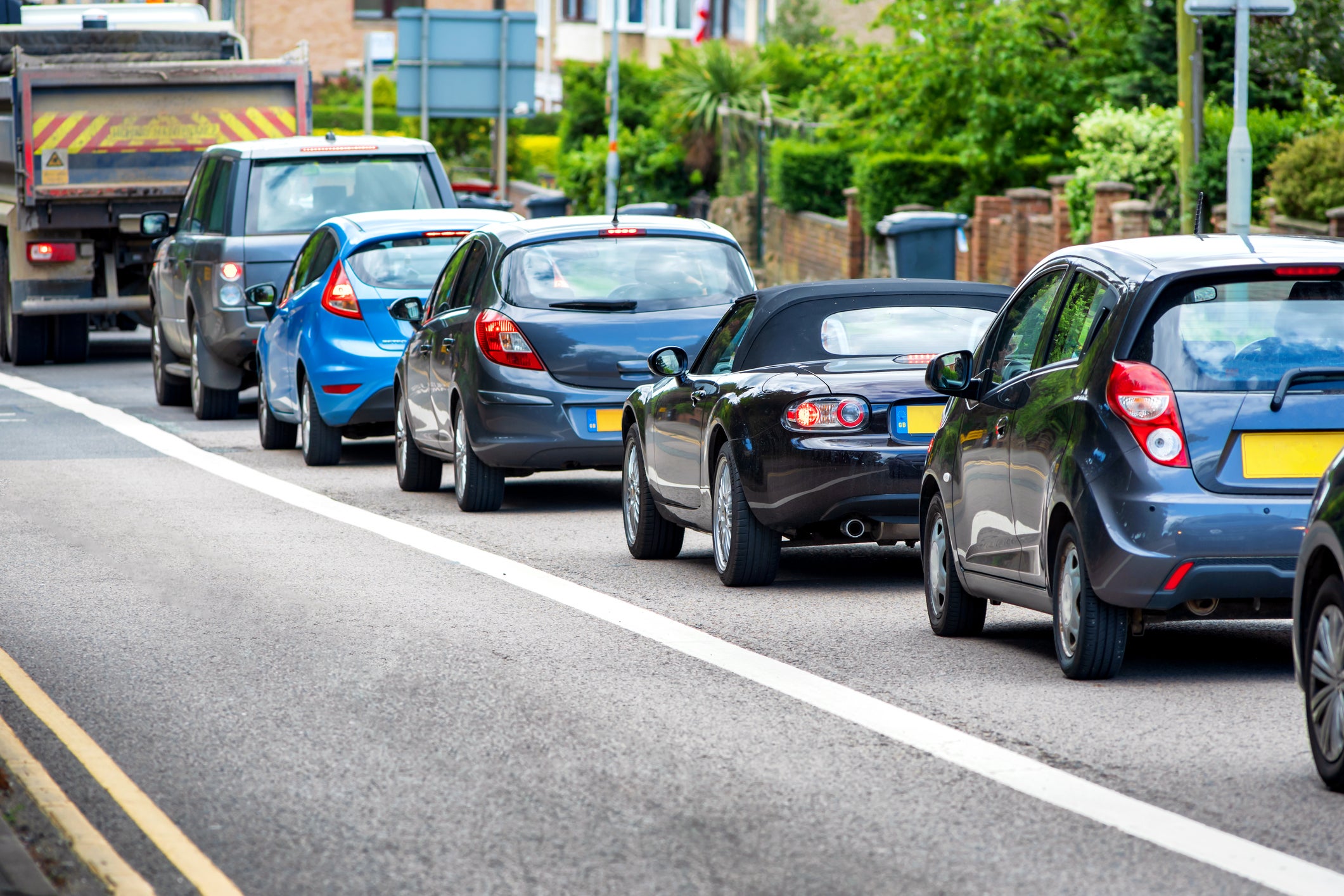
DVLA Revokes Over 140,000 Driving Licences – What You Need to Know
So, here’s a big one—over 140,000 drivers in the UK have had their licences revoked by the DVLA. Yeah, you heard that right. According to recent reports, the Driver and Vehicle Licensing Agency (DVLA) has banned 140,792 motorists from the roads. That’s a massive number, and it’s got a lot of people talking about how driving laws are enforced in the UK.
Now, why are so many licences being taken away? Well, there are a few main reasons. One of the most common is racking up too many penalty points—hit 12 points or more , and you’re automatically at risk of losing your licence. Some bans happen instantly for serious offences like dangerous driving or drink-driving , while others depend on how quickly those points were accumulated. The bans can last anywhere from six months to two years , depending on the offence and whether the driver has been banned before.
Also Read:- How to Watch the NHL 4 Nations Face-Off Final 2025: USA vs. Canada
- Kash Patel Confirmed as FBI Director in Controversial Senate Vote
The numbers are pretty shocking when you break them down by region. Bradford tops the list, with one in every 191 drivers losing their licence. Liverpool follows closely behind, with one in 204 motorists banned, and Teesside comes in third. Even though big cities like London and Birmingham aren’t in the top five, they still have huge numbers of disqualified drivers— 7,995 in London and over 4,000 in Birmingham .
And get this—more than 50 people in the UK still hold valid licences despite having at least 30 penalty points ! That includes a 26-year-old with a jaw-dropping 176 points . How is that even possible? The reason is a legal loophole called "exceptional hardship." If a driver can convince a court that losing their licence would cause severe difficulties—like losing their job or being unable to care for a family member—they might be allowed to keep driving. In fact, over 10,000 drivers in the UK still have their licences despite exceeding 12 points .
This has led to growing calls for change. Experts, including Nicholas Lyes from the road safety charity IAM RoadSmart, believe drivers with 12+ points should at least have to take a retraining course before being allowed back on the road. Others argue that the definition of "exceptional hardship" needs to be stricter, so drivers can’t just repeatedly break the law and still get away with it.
Steve Gooding from the RAC Foundation adds that more transparency is needed—who’s getting to keep their licence and why? Are the right decisions being made between personal mobility and road safety? If people see that the system is being fairly enforced, public trust in the law might improve.
At the end of the day, the message is clear— road safety is a serious issue, and reckless driving has real consequences . Whether it's through better enforcement, stricter retraining requirements, or a tougher stance on repeat offenders, something needs to change. The question is, will the government take action?
Read More:

0 Comments